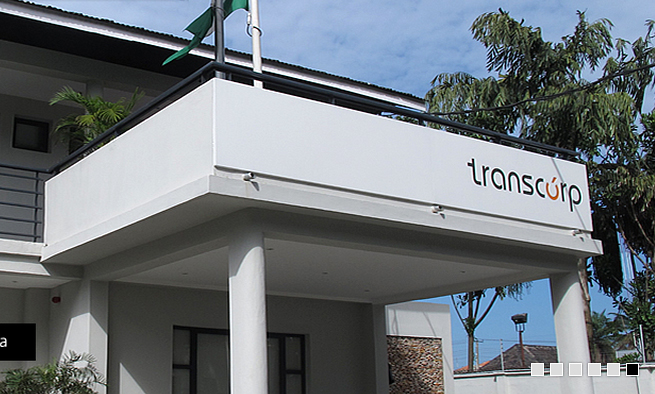Honeywell Flour Mills is facing the challenge of slowly moving sales and an upsurge in interest expenses in the current financial year ending March 2017. The flower milling company is however able to extract reasonable savings from cost of sales – which has enabled it moderate the effects of weakening sales and rising cost of finance on the bottom line. It is so far hopeful to make a turnaround from a loss of over N3.0 billion it posted at the end of the last financial year.
The company closed the third quarter operations in December 2016 with a year-on-year decline of 4.5% in turnover to N37.97 billion. It had raised sales revenue by 5.7% in the same period in the preceding financial year. The company manufactures wheat based products such as flour, semolina, whole wheat meal, noodles and pasta.
Based on the third quarter performance, sales revenue is projected at N51 billion for Honeywell Flour Mills at full year. That will be a flat growth on the turnover of N50.88 billion the company posted at the end of the 2016 financial year.
There was an effective management of cost of sales, which dropped by 14.7% year-on-year to N27 billion at the end of the third quarter. Cost of sales dropped more than three times as fast as sales revenue, indicating a reduced average cost per unit of sales. This is a rare deviation from the general trend in the operating climate of 2016.
Advertisement
The drop in cost of sales raised gross profit margin and lifted gross profit by 35.4% to N10.97 billion during the review period. Other favourable developments for the company include the absence of currency devaluation loss in the current financial year compared to the preceding year. Currency devaluation loss also dropped by 51.5% year-on-year in the same period in the preceding year. There is also a marginal reduction in selling and administrative expenses, which stood at about N5.22 billion at the end of the third quarter.
The above developments led to a big leap of over 129% in operating profit to N5.80 billion at the end of the third quarter. These favourable developments were however more than countered by an upsurge in interest expenses. Net interest cost soared by 589% to about N4.15 billion at the end of the third quarter. That consumed 71.5% of operating profit compared to 23.8% in the same period in the prior financial year.
Pre-tax profit therefore dropped by 14% while after tax profit went down by about 11% to N1.32 billion. The company had grown after tax profit by 53.3% in the comparable period in the preceding year. It however ended the year in a loss.
Advertisement
Based on the third quarter performance, after tax profit is projected at N2.2 billion for Honeywell Flour Mills at the end of the financial year. That will be a rebound from a loss of N3.02 billion the company reported in the 2016 financial year.
The massive growth in interest expenses follows increased borrowings warranted by new capacity building investments. There is a net increase of N15.52 billion in the company’s borrowings at the end of the third quarter mainly to finance purchase of property, plant and equipment. That reflected in a net cash utilisation of close to N41 billion for investing activities at the end of the third quarter.
An outstanding growth of 106% in net cash generated from operating activities helped the company to meet the financing requirements of investing activities. The company carried balance sheet debts of a little below N50 billion at the end of last December.
The company earned 16.7 kobo per share at the end of the third quarter, down from 18.7 kobo in the same period in the preceding financial year. The full year outlook indicates earnings per share in the region of 27 kobo for Honeywell Flour Mills in 2017. The company registered loss per share of 38 kobo in 2016 and offered no dividend to shareholders for the year.
Advertisement
Add a comment







